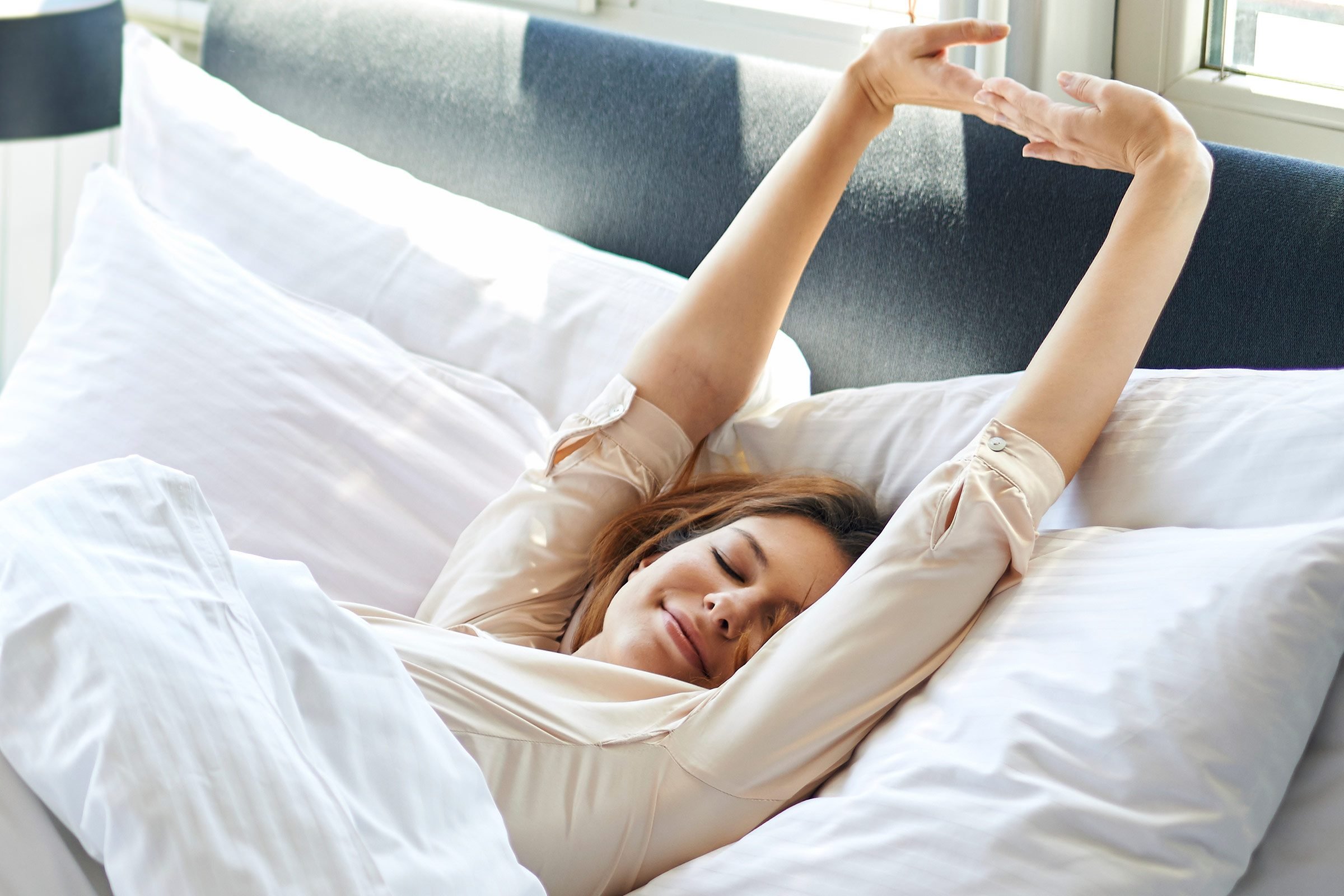
VitalusHealth 5 Proven Ways To Get Better Sleep
Sleep is vital to our health and well-being. If you are having trouble sleeping, there are some things you can try to improve your quality of sleep.
Make sure you are on a consistent sleep schedule. Also, limit daytime naps as too many can throw off your sleep patterns.
1. Get Regular Exercise
Regular exercise has a host of benefits including improving your sleep. But many people struggle to get enough of it.
Studies have shown that sleep problems are exacerbated by stress, which is why exercise is important for getting better sleep. Exercise has also been shown to improve sleep quality by decreasing the time it takes to fall asleep and increasing sleep duration and sleep efficiency.
However, it’s important to be mindful of the timing of your exercise. Vigorous exercise can cause muscle fatigue, which will make it harder to fall asleep at night. It’s best to avoid exercising within three hours of bedtime. If you want to incorporate exercise into your daily routine, try doing some low-impact activity like a light walk or adding simple stretches to your routine such as during baby’s tummy time.
As with most things in life, it’s all about finding the right balance. Getting enough sleep and incorporating regular exercise are mutually beneficial, and they’re both essential for a high-quality of life. So be sure to make these two priorities a priority in your daily schedule.
2. Change Your Environment
Your sleep environment can have a significant impact on your ability to get restful sleep. It’s important to create a bedroom and bed that feel peaceful, comfortable and relaxing. Keep your bedroom dark and quiet and remove any items that might distract you or cause stress like a television, computer or cell phone.
Light can disrupt the circadian rhythm, our internal 24-hour clock that manages sleep and wakefulness. The short wavelengths in bright lights (LEDs, for example) can inhibit melatonin production. Keeping your bedroom dark with room-darkening curtains or drapes can help improve sleep quality. It’s also helpful to remove any bright electronics from the bedroom and use a blackout alarm clock instead of one that emits light during the night.
Getting regular exercise improves sleep quality, as does avoiding caffeine and nicotine before bed. It’s also recommended to skip the midnight snack and not eat anything too heavy right before sleeping.
3. Take a Hot Bath or Shower
Incorporating a hot bath or shower into your nightly routine is one of the most popular sleep improvement tips. A bath is a great way to relax before bed and the warm temperature of the water can help you feel drowsy before drifting off to sleep.
A recent study found that taking a long, hot bath before bed increased deep sleep in adults. Researchers speculate that this is due to the relaxing effects of a warm bath and the effect of heat on the body’s core temperature. A dip in the core temperature triggers sleep-promoting hormones such as melatonin.
The warm, relaxing environment of a hot tub or shower also stimulates BDNF (brain-derived neurotrophic factor), which promotes sleep. A high level of BDNF can help you fall asleep and stay asleep through the night.
The best time to soak up the benefits of a hot bath is two hours before you intend to go to bed. This allows your body to rise and then cool down, mimicking the natural decrease in core temperature that happens when it’s time for bed.
4. Avoid Screen Time
When it comes to getting a good night’s sleep, avoiding screen time is crucial. This includes laptops, tablets and television screens. Using these devices too close to bedtime disrupts the body’s natural sleep-wake cycle. This is because the short-wavelength blue light emitted by these devices trick the brain into thinking it’s daytime, thus inhibiting the release of melatonin and making it harder to fall asleep.
Not only that, but engaging in stimulating activities on a screen can also disrupt sleep. Scrolling through social media, watching a scary movie or streaming a riveting true crime series can stimulate the brain and cause an adrenaline response, which makes it difficult to relax and fall asleep.
Generally, it’s recommended that you turn off all electronic devices an hour before bedtime. You can use a timer to help set up a consistent schedule. This can also be helpful for kids and teenagers who have trouble falling asleep without their phones or a TV in the room. If your family has a hard time giving up their devices, try turning on a dark filter or blue light glasses to help limit the amount of blue light they are exposed to.
5. Relax
Stress and anxiety are known sleep disruptors and can keep you awake at night. It’s important to try to relax before bed to promote better sleep. Some things you can do include taking a warm bath, reading a book, or practicing relaxation techniques.
Aromatherapy with lavender is also thought to help promote sleep. A few drops of a calming scent can be very relaxing. It’s a good idea to avoid electronics in the hours before you want to go to sleep, such as a phone or TV, as they emit blue light which can interfere with your circadian rhythm and make it harder to fall asleep.
Another good tip is to establish a wind-down routine and stick to it. This will signal to your brain that it’s time to prepare for sleep and will start to build an association between the activities you perform in this sequence and sleeping. This can include listening to soothing music, taking a warm bath, reading a non-stressful book, or practicing relaxation techniques. A light massage is another option that can be very relaxing.
Leave a Reply